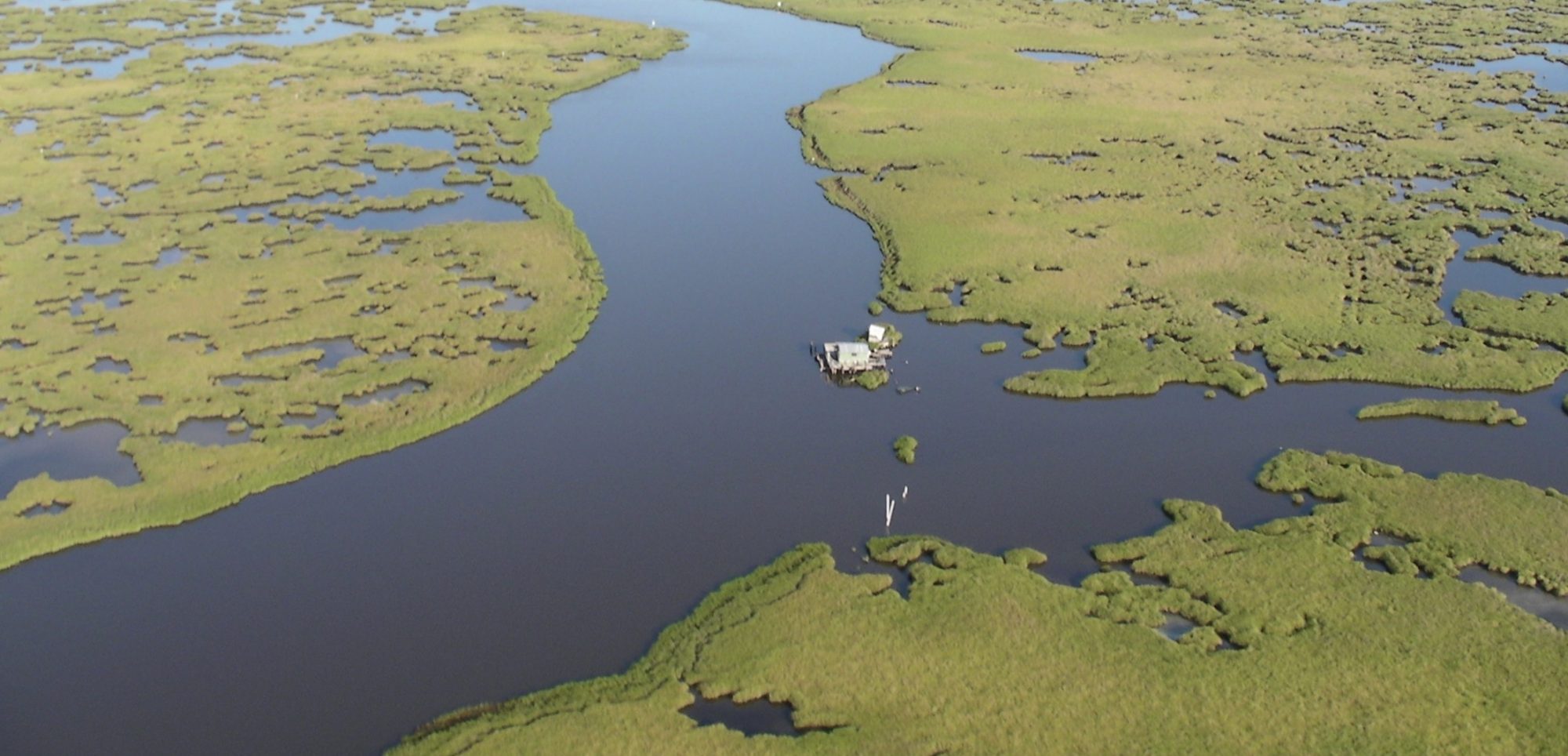
M. S. Candidate, Virginia Commonwealth University
2022 Conference Travel Grant Type 2
Salinization Impacts on Autotrophic and Heterotrophic Respiration in Tidal Freshwater Marshes
Tidal freshwater marshes have preserved substantial stocks of soil carbon, which represents carbon dioxide that is no longer in the atmosphere. There is conflicting evidence in the literature about how disturbances such as sea level rise and associated wetland salinization impact the accumulation and long-term stability of this stored carbon. The goal of this experiment was to quantify how salinization impacts total ecosystem respiration and its component parts, autotrophic and heterotrophic respiration. In a mesocosm experiment using a C4 plant (Spartina cynosuroides) grown in soil derived from C3 plant matter and exposed to different salinities (0 to 9 PSU), we took advantage of the differences in 13C abundance between C3 and C4 sources by using an isotope mixing model to quantify both autotrophic and heterotrophic respiration. Initial results indicate that higher levels of salinization changed total respiration. The highest salinity decreased belowground plant biomass and increased aboveground leaf mortality, although aboveground biomass was similar to other treatments. The processing of isotope samples is ongoing and will provide the data necessary for the mixing model. The results from this study will provide additional information on whether salinization destabilizes stored soil carbon and/or if it impacts the proportion of plant production that is available for long-term preservation.
